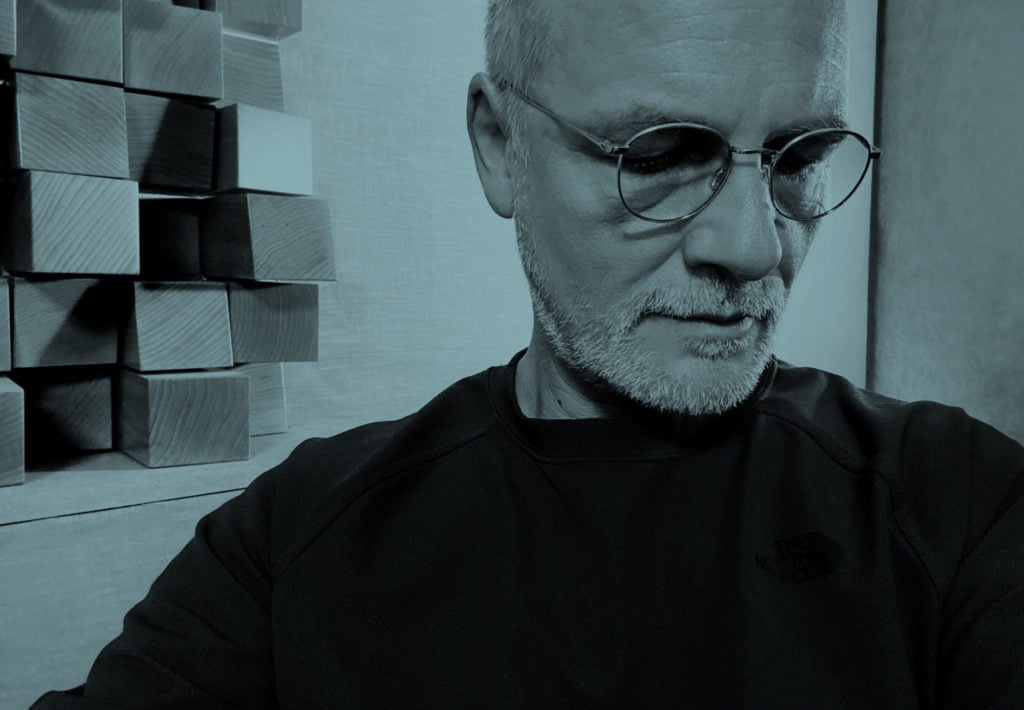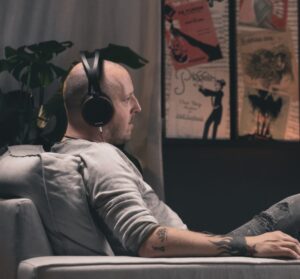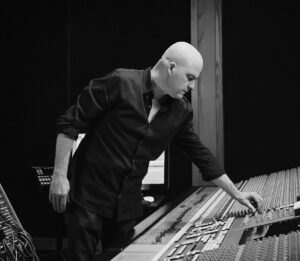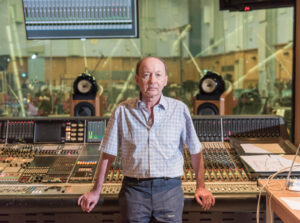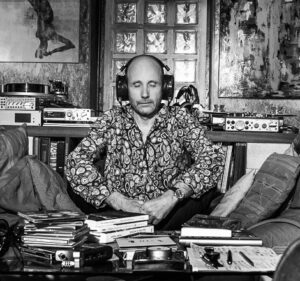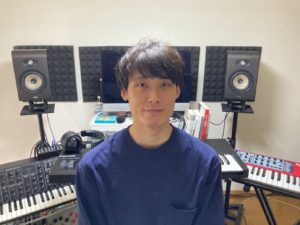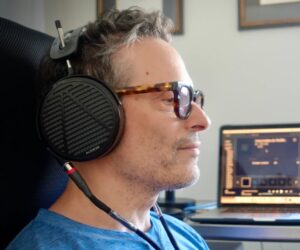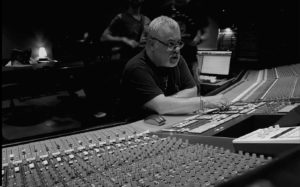Stephan has released over 60 records of his music on international labels and performed at Sónar, ATP x Primavera Sound,CTM Berlin, Mutek Montreal, MITO Settembre Musica among others, he has teached at the CERM in Metz, Sound and Digital Concepts at the University of Art and Design HBK Saar. He is a member of the German Tonmeister Association and owner of the
Schwebung Mastering studio.
Interview
STEPHAN, how would you define your profession?
I’m a mastering engineer running my own studio in Bonn, Germany, I collaborate with artists and labels from around the world. I’m working mainly on contemporary music – acoustic and/or electronic – spanning a rather wide range of genres and styles and also do restoration work of historical recordings which are either transferred from the original reels, from vinyl, cassette or 78s and wax-cylinders. I love the diversity of the material I’m dealing with since it also reflects my own interest in a very broad field of music. There are pearls in every genre across all eras.
I have a background as a percussionist in contemporary and improv music and later worked in electroacoustics and sound installation, since the end of the 90s about 60 albums of my own music have been released. I have taught Digital Art and Concepts in various institutions and believe that through teaching you can learn a lot.
What role does listening to music play in your life?
I’m listening to recorded sound pretty much all day, my work requires a deep focus on details. Mastering is the final instance before a production will be handed over for digital distribution, the cutting studio if an album will see a vinyl release, or to a CD pressing plant. A mastering engineer creates the masters which listeners will hear. My job is to make the final mixes sound well balanced so they will translate perfectly across streaming platforms and codecs, physical media and speakers or headphones of all kinds. Some productions will only need a gentle touch to lift them up to reach the final 5% while others may see rather drastic changes or a much more creative approach to make the music sound great. Mastering ensures that an album or compilation flows well, by taking care of the track-to-track volume relations and general pacing I will ensure the unique cohesiveness a specific work requires. The main goal is that the artist can release their work with a great level of confidence.
“The sound quality is outstanding and I like how the internal audio engine of the computer gets bypassed. The options for fine-tuning the filter steepness/length, anti-aliasing and phase response are brilliant.”
How much attention do you pay to sound quality?
My job is all about sound quality, I can help making the final release sounds as close as possible to what the artist has envisioned. To achieve this, a specialized room and monitoring rig is crucial. Apart from the technical, listening and communication skills necessary, a personalized selection of specialized tools helps me to get results more quickly. My studio is very much my instrument, integrity of the signal path plays an important role so I can make the adjustments needed to release a convincing sound.
How long have you been using AudirvĀna? What did you think when you discovered it?
I’ve been using Audirvāna since late 2012, first during a trial period where I had also checked Amarra and JRiver but settled for Audirvāna and never looked back. The sound quality is outstanding and I like how the internal audio engine of the computer gets bypassed. The options for fine-tuning the filter steepness/length, anti-aliasing and phase response are brilliant, too.
How do you rate listening from your computer with AudirvĀna compared with other equipment?
My main source for audio playback is a computer. During the last 10 years, digital became my favorite format, at least when it comes to sound quality. With Audirvāna, I feel that a production where I was involved in, sounds exactly as from my work station, something I would hope for from an excellent player. The integrity of a recording is important to me, so I want the best possible source material and as little as possible added tone or character – as you will get from vinyl, CD players or any kind of equipment. I still enjoy playing 7″ records from my collection whenever we have friends visiting, though, and I love listening to 78s on a mechanical-acoustic gramophone.
Do you talk to people about it?
Absolutely, whenever somebody is interested in a ‘better’ player than iTunes I will recommend Audirvāna. I’m doing this often, I love the app.
What are your passions outside of music?
I like cycling, being with my family and friends, and I love to cook.

